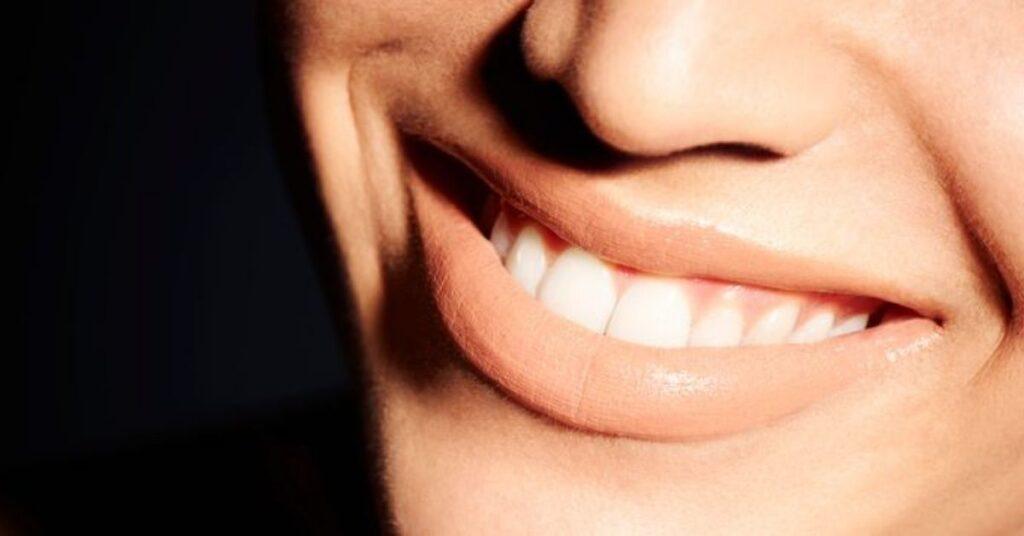
“It takes 43 muscles to frown, and only 17 muscles to smile.” No doubt, you’ve already come across this piece of conventional wisdom (or some variation of it, with different numbers). Regardless of the numbers indicated, the core message remains the same: It takes more effort to frown, so why not just turn it around? However, this well-meaning (if overly simplistic) piece of advice only sounds scientific. In fact, there might not even be a “true” answer to this smile-or-scowl stumper.
For starters, what constitutes a smile (or a frown) varies from person to person. Does a smirk count as a smile? If the corner of your mouth turns down, is that a frown? Plus, research has shown that we don’t all have the same number of facial muscles; a 2008 study of 18 Caucasian cadavers revealed that while five sets of muscles—the ones that controlled expressions of anger, happiness, surprise, fear, sadness and disgust— were present in all subjects, there were variations in at least 11 others.
In 2004, author Cecil Adams tried to settle the matter in his popular newspaper Q&A column The Straight Dope. With the help of plastic surgeon David H. Song, Adams identified 12 principal muscles required for a Duchenne smile (a smile that also causes crinkling of the skin around the eyes—a sign of genuine joy) and only 11 for a frown. Song maintained, however, that it takes less effort to smile; since people tend to smile more often, the muscles involved could perform the action easier.
Furthermore, smiling affects not just yourself, but also the people around you. In a 2002 study, Swedish researchers found that people tend to mirror the facial expressions they see. Participants found it easier to smile when exposed to images of smiles; the same effect was observed for frowns. Humans are wired to respond in kind because of mirror neurons, brain cells that fire both when we perform an action and observe the same action performed before us. (This explains why smiles are indeed contagious.)
Research has also shown that just like how happiness can make you smile, smiling can make you happy. A 2019 paper that examined 50 years’ worth of data (spanning 138 studies and over 11,000 participants worldwide) found that facial expressions can prompt us to feel the emotions we associate with them.
Another benefit of smiling, even when we don’t mean it: According to a 2012 study, a smile can help us cope with immediate stressors by reducing the intensity of our body’s stress response (regardless of whether we’re really happy or not).
Sure, it might take a bit more effort to smile than to frown—but if it means making the world a bit brighter for everyone, that extra flex is a very small price to pay.
Still remember your 5th-grade science classes? Test your knowledge and see if you still remember these facts and fundamental concepts in human anatomy, biology, botany, and other branches of science. Click here to try the “Are You Smarter Than A Pinoy Fifth-Grader” Challenge.
Follow the hashtag #FlipFacts on Facebook and Instagram to get your daily dose of science trivia!
References
- https://www.discovermagazine.com/mind/91-humans-have-5-universal-facial-musclesand-10-optional-ones
- https://science.howstuffworks.com/life/inside-the-mind/emotions/muscles-smile.htm
- https://www.livescience.com/34339-facial-muscles-frown-smile.html
- https://www.nature.com/news/2008/080616/full/news.2008.892.html
- https://www.psychologicalscience.org/news/releases/smiling-facilitates-stress-recovery.html
- https://www.sciencedaily.com/releases/2019/04/190412094728.htm
- https://www.straightdope.com/21343623/does-it-take-fewer-muscles-to-smile-than-it-does-to-frown
Author: Mikael Angelo Francisco
Bitten by the science writing bug, Mikael has years of writing and editorial experience under his belt. As the editor-in-chief of FlipScience, Mikael has sworn to help make science more fun and interesting for geeky readers and casual audiences alike.









